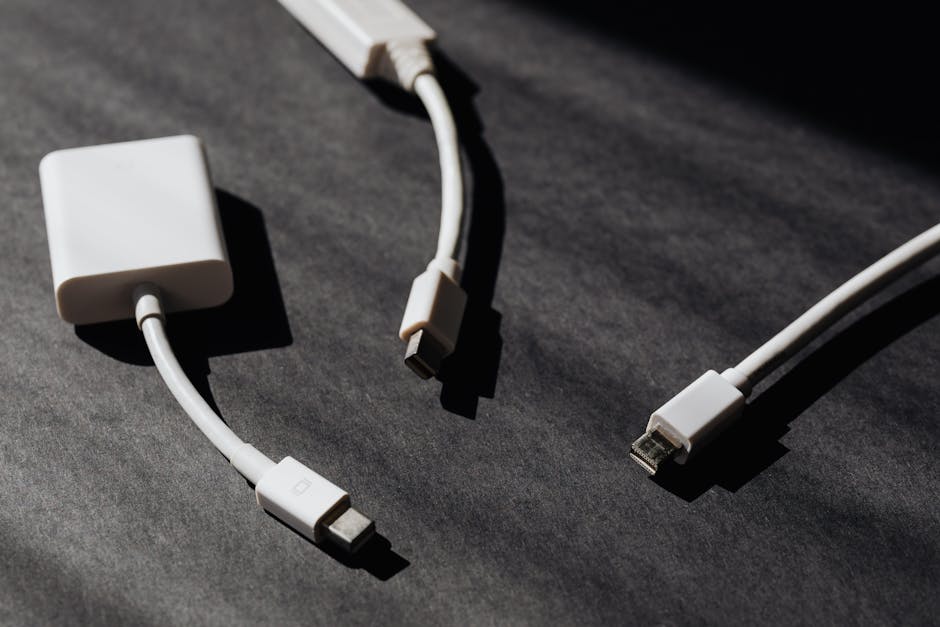10 Easy Ways to Speed Up Your Internet

Experiencing internet can be really annoying whether you're working from home streaming your favorite shows or just browsing the web. Luckily there are some strategies you can try to speed up your internet connection. By following these tips you can make your online experience smoother and more efficient.
1. Review Your Internet Plan
Before making any changes take a look at your internet plan. Sometimes slow speeds are because of a limited data package. Get in touch with your service provider to see if you can switch to a plan that suits your needs better. You may want to compare plans and providers in your area using websites like CNET.
2. Restart Your Router
One of the ways to boost your internet speed is by restarting your router. This helps clear the cache and refreshes the connection to your ISP (Internet Service Provider). Here's how you can do it;
- Unplug the router from the power source.
- Wait for 30 seconds.
- Plug it in and wait for it to reconnect.
3. Improve Router Placement
Where you put your router makes a difference in signal strength and speed. Try placing it in a location away from walls and obstacles. Avoid positioning it near gadgets, like microwaves or cordless phones that might cause interference.
4. Opt for a connection
Even though Wi Fi is convenient wired connections usually offer quicker and more reliable internet speeds. Whenever possible connect your computer directly to the router using an Ethernet cable. This approach helps reduce delays and minimizes disruptions.
5. Keep firmware and software up to date
It's essential to update your routers firmware and the software on your connected devices for optimal performance. Firmware updates often include fixes for bugs and enhancements that can improve speed and security. Refer to the manufacturers website for guidance on updating your router.
6. Minimize background applications
Background apps and processes can eat up a lot of bandwidth causing a slowdown in your internet speed. Close unnecessary. Apps that are running on your devices. Utilize task managers on Windows or Activity Monitor on Mac to pinpoint resource applications and shut them down.
7. Utilize Quality of Service (QoS) settings
Many modern routers come equipped with Quality of Service (QoS) settings that prioritize bandwidth for devices or applications. This functionality ensures that tasks requiring priority, such, as video calls or gaming receive sufficient bandwidth reducing delays and buffering.
8. Consider setting up a mesh network
If you have a house or multiple floors using just one router may not provide adequate coverage. Setting up a mesh network system can enhance the coverage and speed across your home. Netgear and Linksys are choices for such systems.
Step 9; Scan for Malware and Viruses
Viruses and malware can slow down your internet by using up processing power. Run antivirus scans on your devices to detect and remove any harmful software.
Step 10; Reach Out to Your Internet Service Provider (ISP)
If you've tried all the steps with no luck consider contacting your ISP for assistance. They can run tests on your connection. Suggest solutions like upgrading infrastructure or providing a new modem.
| Strategy | Explanation | Effectiveness |
|---|---|---|
| Review Internet Plan | Discuss upgrades with your ISP. | High |
| Restart Router | Turn off. On the router to reset the connection. | Moderate |
| Optimal Router Placement | Position the router away from interference. | High |
| Wired Connection Setup | Use Ethernet cables for connections. | High |
| Update Firmware/Software | Keep devices updated with latest software releases. | Moderate |
| Minimize Background Apps | Close unnecessary apps running in the background. | High |
Implementing a mix of these strategies can result in enhancements, in your internet speed. To improve your experience and guarantee a speedy and dependable internet connection it's crucial to grasp the underlying reasons, for sluggish internet speeds and implement effective remedies.
